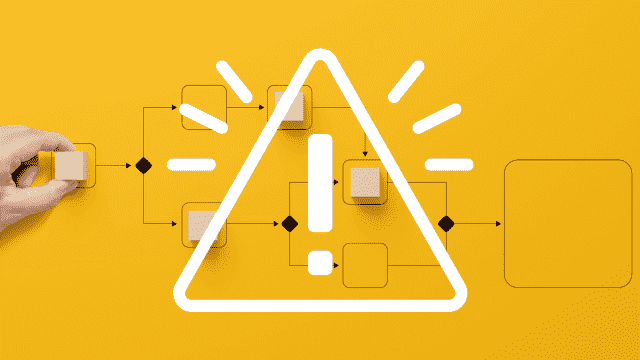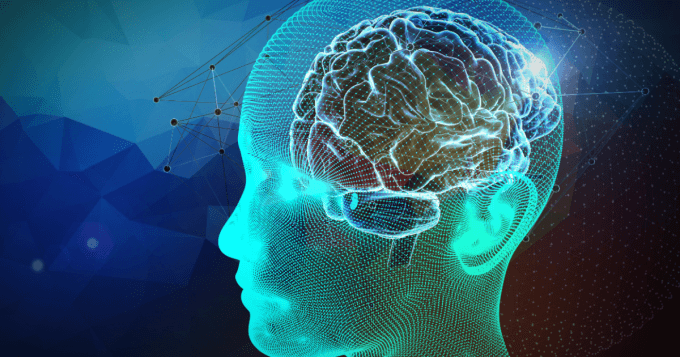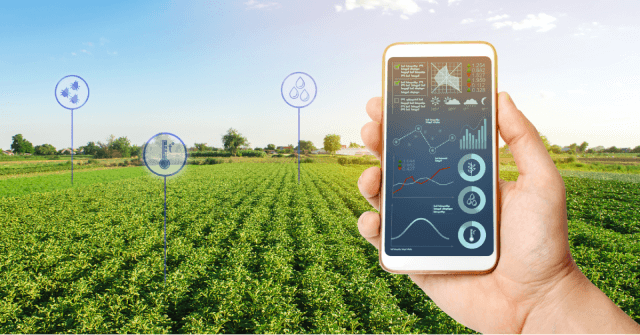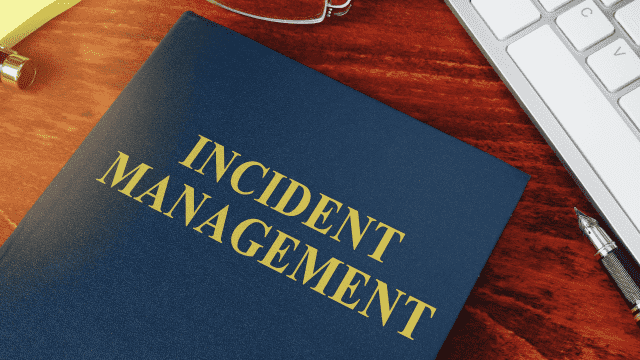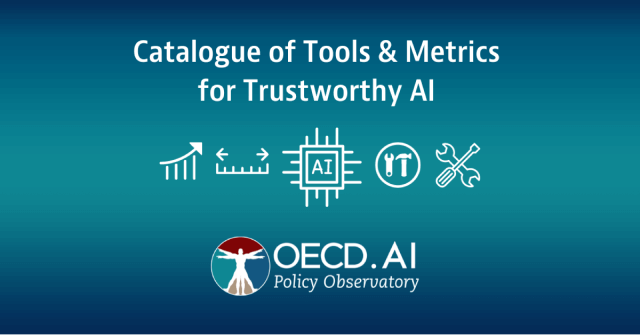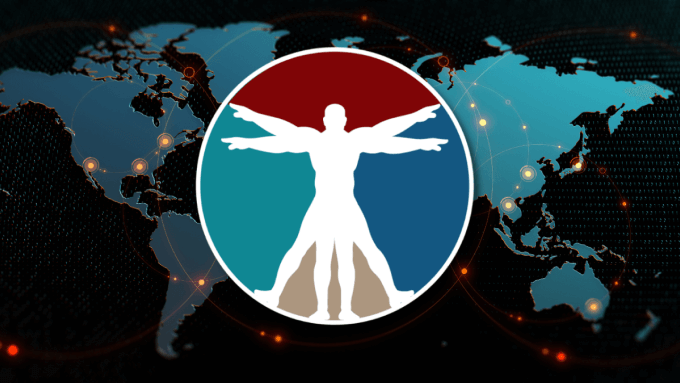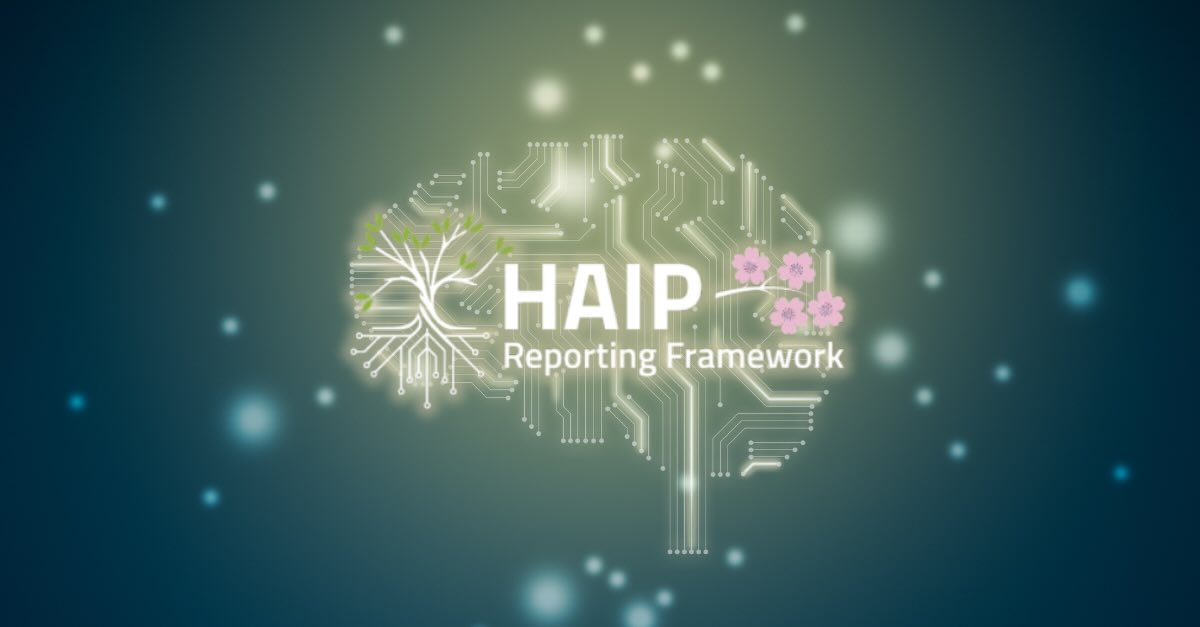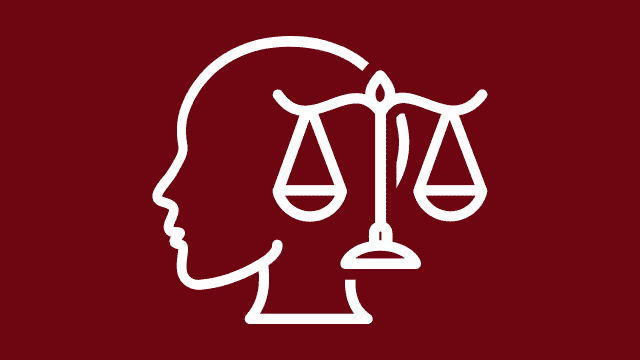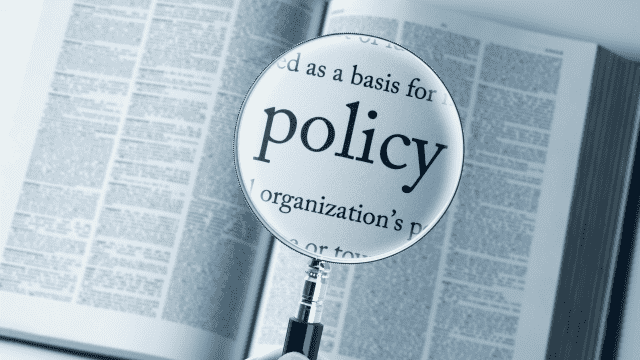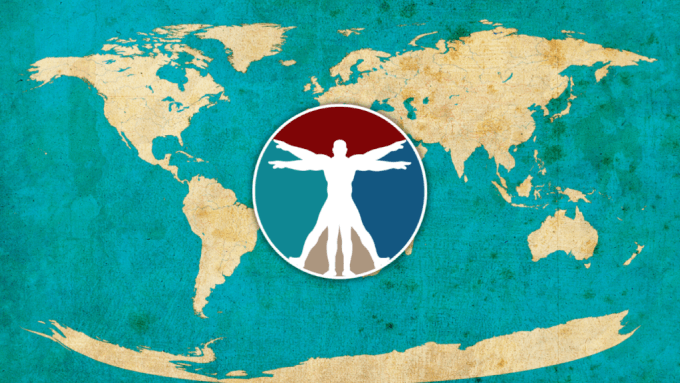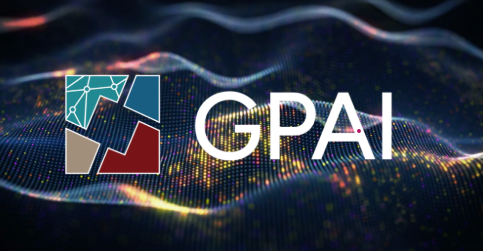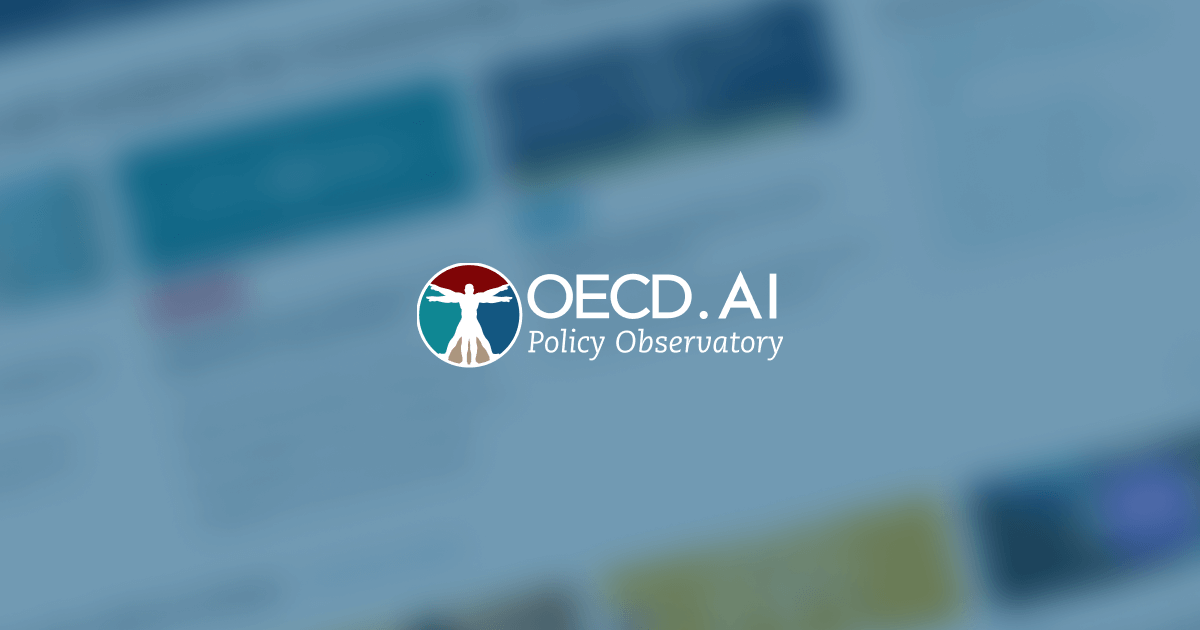These tools and metrics are designed to help AI actors develop and use trustworthy AI systems and applications that respect human rights and are fair, transparent, explainable, robust, secure and safe.
Type
Origin
Scope
SUBMIT A TOOL
If you have a tool that you think should be featured in the Catalogue of Tools & Metrics for Trustworthy AI, we would love to hear from you!
SubmitAI Inherent Risk Scale (AIIRS)
ProceduralUploaded on Feb 16, 2026Objective(s)
Related lifecycle stage(s)
Operate & monitorWasItAI
ProceduralUploaded on Jan 15, 2026Objective(s)
Resaro AI Solutions Quality Index Engineer (ASQI Engineer)
TechnicalUploaded on Jan 19, 2026Objective(s)
openIMIS
TechnicalUploaded on Nov 20, 2025Objective(s)
EuroDaT
TechnicalUploaded on Nov 20, 2025Objective(s)
Related lifecycle stage(s)
Collect & process dataMISSION KI: Quality Standard for Low-Risk AI
ProceduralUploaded on Nov 20, 2025Objective(s)
MISSION KI: Compliance Monitor
ProceduralUploaded on Nov 20, 2025Objective(s)
MISSION KI: Dassen a Dataset Search Engine
EducationalUploaded on Nov 7, 2025Objective(s)
Related lifecycle stage(s)
Collect & process dataInspect
TechnicalUploaded on Oct 9, 2025Objective(s)
AI Collaboration Workshop in Professional Practice
EducationalMaltaUploaded on Sep 1, 2025<1 dayObjective(s)
Voiceitt
TechnicalEducationalUploaded on Oct 1, 2025Objective(s)
Related lifecycle stage(s)
Operate & monitorElements of AI to Slovakia (AIslovakIA)
EducationalUploaded on Aug 27, 2025Objective(s)
Related lifecycle stage(s)
Operate & monitorEthical AI Consent Verification and IP Protection System
TechnicalProceduralUploaded on Aug 14, 2025>1 yearObjective(s)
Related lifecycle stage(s)
Plan & designAI Orchestrator
TechnicalEducationalUploaded on Aug 27, 2025Objective(s)
Related lifecycle stage(s)
Plan & designAI Screener
TechnicalEducationalUploaded on Aug 27, 2025Objective(s)
Related lifecycle stage(s)
Plan & designmDREET : Solar Ear App
TechnicalUploaded on Aug 14, 2025Objective(s)
UNICEF: Accessible Digital Textbooks for All
EducationalUploaded on Aug 14, 2025Objective(s)
Related lifecycle stage(s)
DeployReadSpeaker
TechnicalUploaded on Aug 27, 2025Objective(s)
Related lifecycle stage(s)
Operate & monitoraRTIFICIAL iNTELLIGENCE for the Deaf
TechnicalUploaded on Aug 27, 2025Objective(s)
Calcularis 2.0
EducationalUploaded on Aug 6, 2025Objective(s)

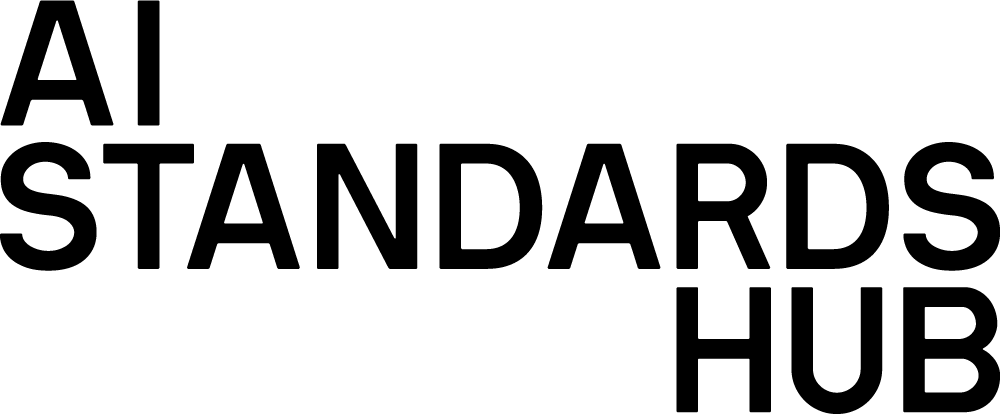


 Partnership on AI
Partnership on AI

